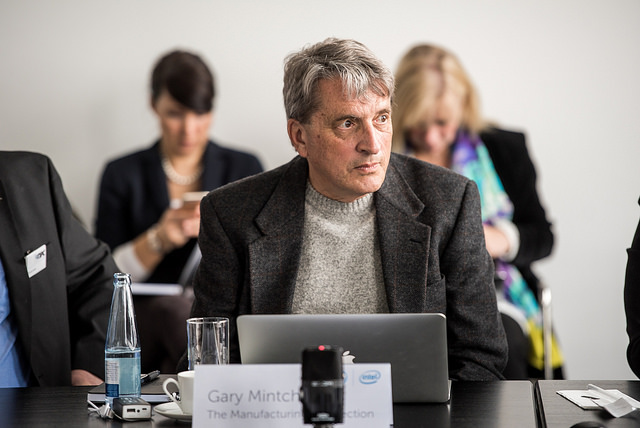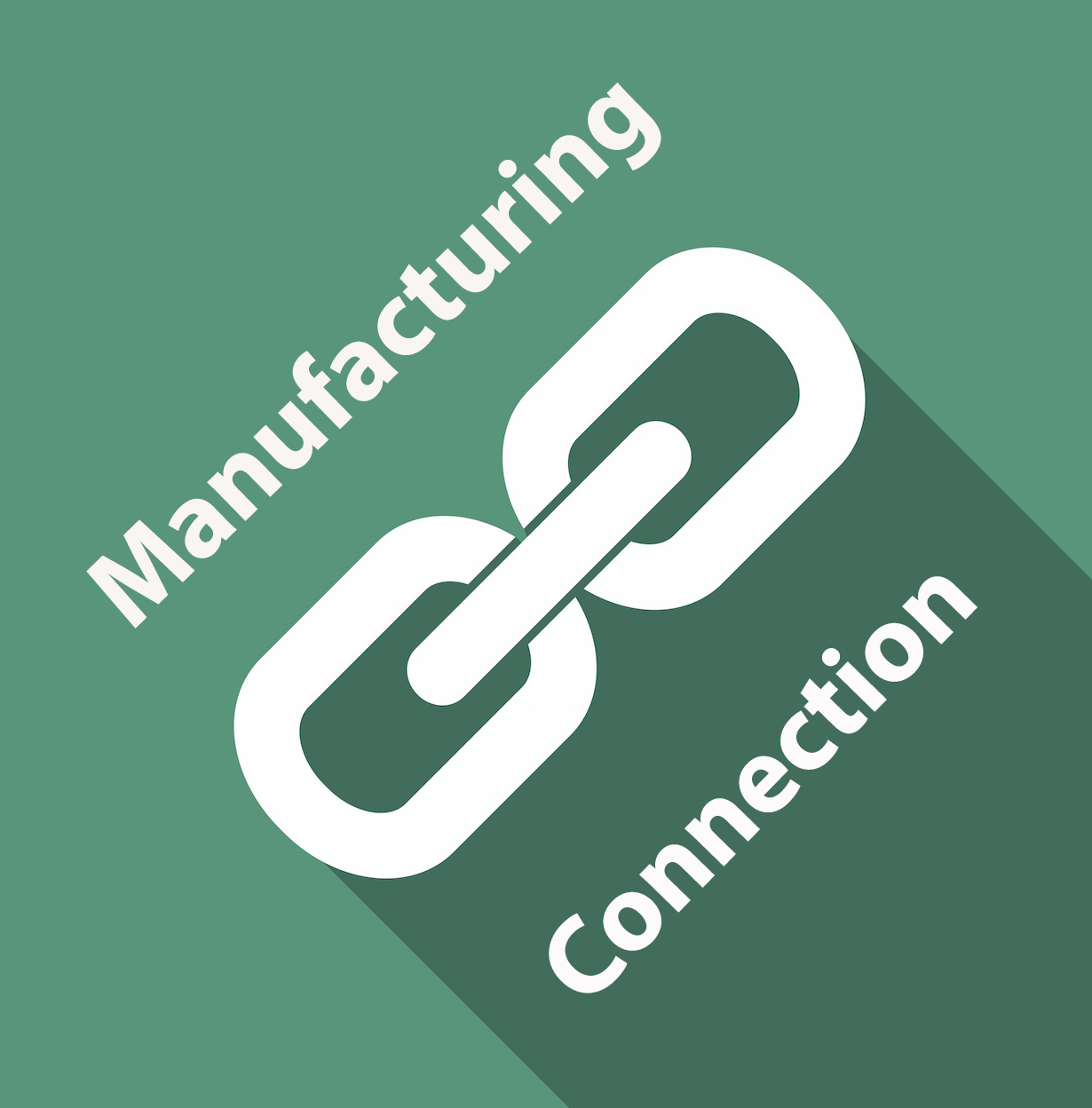
by Gary Mintchell | May 30, 2017 | Uncategorized
James Altucher made a name for himself as an investor and writer. He is even more on the strange side than I am. He’s been on a rant for a while about how many people waste money on college.
Now, I bet that if you want to be a chemical engineer college is a good way to go. But on the other hand I learned most of the electronics and electrical engineering I know on my own–including the math. And it has served me well.
This image shows 15 things you need to learn that you won’t in college–at least not as part of the normal curriculum. And he is correct. All of these are important to your success in life. And most you have learned because of a mentor.
There were things I picked up in college–especially international studies under a former (?) CIA leader. I would have learned German better by living there six months than through the classes I took, on the other hand. But the ability to think and write were the best legacies I have from college.
Check this out and let me know what you think.


by Gary Mintchell | Jun 1, 2015 | Automation, Internet of Things, Manufacturing IT, Networking, News, Operations Management, Technology
How many careers have you had?
Some may have chemical engineering or computer science degrees and are still doing process control or computer networking. But many of us have wound up with a circuitous path to where we are now. In a different industry. Or doing sales or management rather than pure engineering.
The key for career flexibility and advancement is continuous learning.
For a very long time, I’ve been concerned with the prevailing “wisdom” that education exists solely for vocational enhancement.
Here is a voice from the Silicon Valley venture capital community issuing a warning much as I would. In Hard-Core Career Advice for a 13-year-old, James Altucher notes, “[My experience] shows that school is too focused on ‘education leads to a job.’ This is not true anymore. “
He continues, “The reality is the average person has 14 different careers in their lives and the average multi-millionaire has seven different sources of income. So anything that is ‘one-job focused’ will create a generation of kids that will learn the hard way that life doesn’t work like that.”
I have always believed that education is necessary for personal growth.
There are more of my thoughts on this topic in my (mostly) weekly newsletter that went out today.
I am typing this article outside the press room on the pool deck of the Grand Hyatt in San Diego. Press room? Yes, I’m at Rockwell Automation TechED. I find myself needing to cut back on the amount of travel. In a couple of weeks, I’ll have to report on both Honeywell and Siemens from the reports of my friends. Yes, they are the same week in different parts of the country. I just couldn’t make them. But this week in San Diego worked.
Plus, this is my 9th one of these, I think. Formerly RSTechED (they like the capital d–that makes it a logo rather than text), it is now dubbed Rockwell Automation TechED. The reason is there is an expansion of training opportunities beyond the initial HMI/SCADA and programming software. It now includes information systems, new commercial technologies, and discussion of new hardware products.
Attending these events is one way professionals participate in continuous learning.
Connected Enterprise
Rockwell has maintained a consistent theme for many years–the Connected Enterprise. It is still building upon that vision. Cisco, Panduit and Microsoft remain as top-tier partners. EtherNet/IP, the Industrial IP Consortium, and mobility remain as foundations.
There will be more to contemplate this week as I have four defined interviews and many other opportunities. The connected enterprise really is a vision beyond just the Industrial Internet of Things. And Manufacturing 4.0 remains a German initiative mostly targeting Germany’s strength in machine building. I’ve been removed from the US “Smart Manufacturing” circle, but I don’t see it really have a huge impact in the market.
But smart, connected devices, machines, lines, plants, and enterprises still point to the future of manufacturing.








